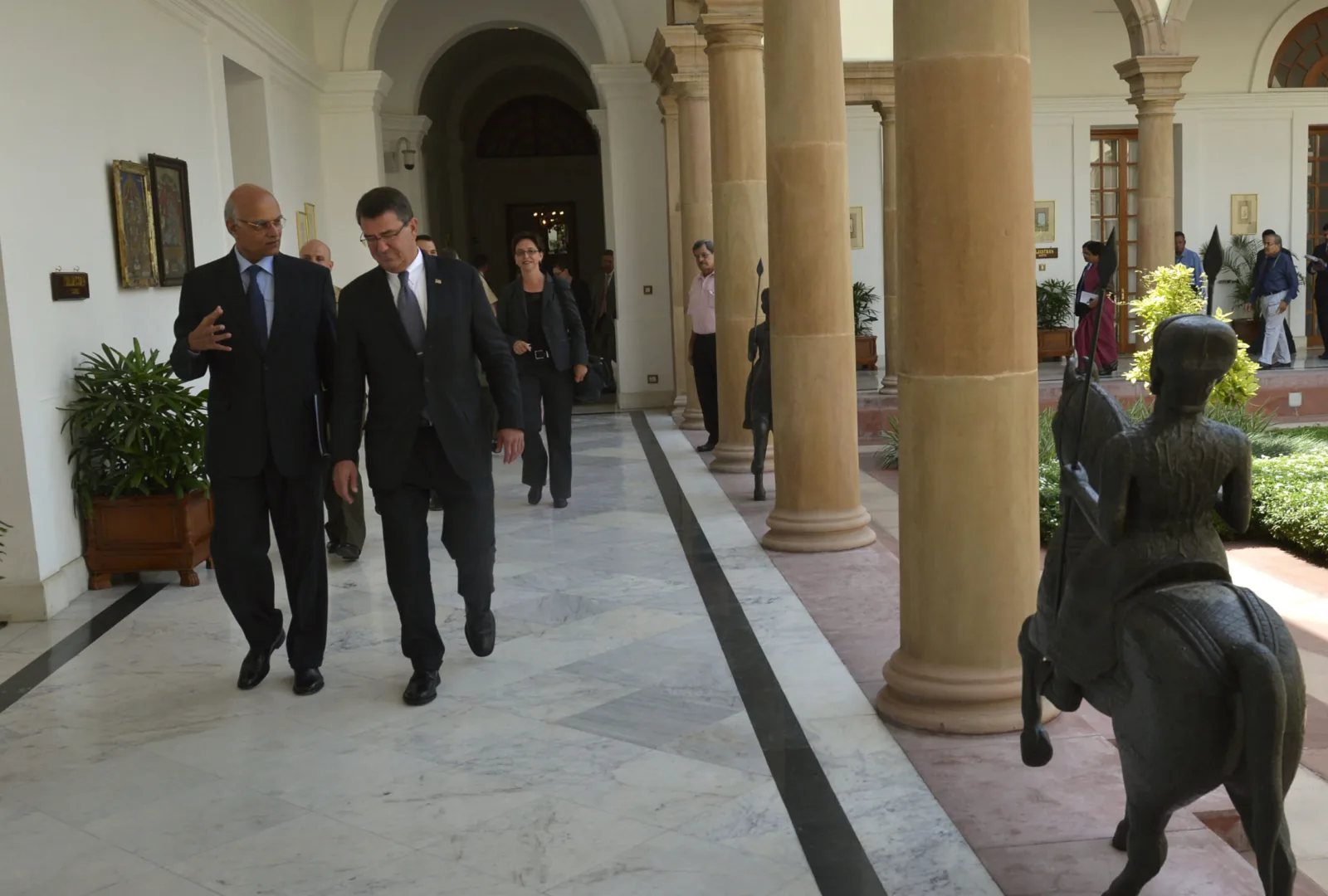South Asia and the Global South Amid Sharpening Great Power Rivalries
As U.S.-Russia and U.S.-China rivalries intensify in the wake of Russia’s invasion of Ukraine, where does South Asia stand? And how will its choices impact the Global South’s relations with the United States?
South Asia (especially India) has a rich history of articulating the case for the Global South through the Nonaligned Movement and the G77 grouping, and later through its elevated economic growth story. But Washington’s intensifying rivalry with Beijing has drawn starkly different responses in the region. While India and the United States both see China as a rival, Pakistan is a de facto ally of Beijing recently seeking to diversify its partnerships, and smaller South Asian states are caught in the middle. On Russia however, South Asia takes a much more benign view as indicated by recent votes at the U.N. on the Ukraine conflict. The Biden administration’s view of an existential struggle of “democracies against autocracies” finds few takers in the region. South Asia must also play its part in combating the threat of climate change, in which the United States has an abiding interest.
To unpack all these issues and more, the Quincy Institute presents a conversation between eminent strategic thinker — and former Indian National Security Advisor and Foreign Secretary — Shivshankar Menon and QI’s Director of Studies Sarang Shidore.
Program
Panelists

Shivshankar Menon
Ambassador Shivshankar Menon is currently visiting professor at Ashoka University, India, and Chair of the Ashoka Centre for China Studies. He was previously National Security Advisor to the Prime Minister of India, Jan 2010-May 2014; Foreign Secretary of India, October 2006-July 2009; and has served as the Indian Ambassador or High Commissioner to China, Pakistan, Sri Lanka and Israel. In 2016 he published Choices: Inside the Making of Indian Foreign Policy. His book India and Asian Geopolitics; The Past, Present (Brookings Press USA, & Penguin Random House India) was released in April 2021. He has been a Fisher Family Fellow at the Kennedy School, Harvard University, and Richard Wilhelm Fellow at MIT in 2015. He was chosen one of the “Top 100 Global Thinkers” by Foreign Policy magazine in 2010. He is also Chairman of the Advisory Board at the Institute of Chinese Studies, New Delhi; Distinguished Fellow of the Centre for Social and Economic Progress, India; Distinguished Visiting Research Fellow at the National University of Singapore; a member of the Board of Trustees at the International Crisis Group; and a Distinguished Fellow at Asia Society Policy Institute, New York.

Sarang Shidore
Sarang Shidore is Director of Studies at the Quincy Institute. His areas of research and analysis are geopolitical risk, grand strategy, and energy/climate security, with a special emphasis on Asia. Sarang has collaborated and published with multiple organizations including the Asian Peace Program, Brookings Institution, Center for Strategic and International Studies, Council on Foreign Relations, Council on Strategic Risks, Oxford Analytica, Paulson Institute, Stimson Center, UK Ministry of Defense, and Woodwell Climate Research Center. He has more than 80 publications to his credit in journals, edited volumes, and media outlets in his areas of expertise. Prior to his current role at the Quincy Institute, Sarang was a senior research scholar at the University of Texas at Austin and senior global analyst at the geopolitical risk firm Stratfor Inc. and earlier also spent a decade in product management in the technology industry.
